With 28 sports to cover and over 2,000 hours to fill on TV, NBC has to find play-by-play announcers and analysts to call the events. Now if you’re a veteran Olympics viewer, then names like Rowdy Gaines (swimming), Cynthia Potter (diving), Ato Boldon (track & field), Doug Collins (basketball), Teddy Atlas (boxing) and Tim Daggett (gymnastics) are quite familiar. But for the other sports like rowing, weightlifting, handball, field hockey, archery, fencing and table tennis, NBC has to go searching for those familiar with the sport who can explain the sport, but also find that balance to be credible with the hardcore fans.
NBC will be using at least 170 people to call the 2016 Rio Olympics. That’s up 43% from the 2012 London Olympics. And for the first time, all 28 Olympic sports will be aired on TV.
Trying to find play-by-play announcers is a little easier. NBC can tap into its Comcast SportsNet regional networks to find talent who are interested in getting some network exposure and calling a different sport. Two examples of this came from Comcast SportsNet New England where Boston Celtics voice Mike Gorman called handball in 2012 and Trenni Kusnierek was the reporter for curling in 2014.
But for the analysts, it can be a shot in the dark for NBC to find people who can be effective personalities on TV. NBC Olympics coordinating producer Rebecca Chatman tells Sports Business Daily that some people are naturals for television while others are not. Recruiting talent for the Olympics then training and development can be at least an 18 month process.
One former Olympian, rower Mary Whipple approached NBC, auditioned, was hired and will work with Formula 1 voice Leigh Diffey on her sport. Other analysts are found after a long search.
For Olympic rookies, NBC gives them a briefing, assigns them to a research team to start prepping for his or her sport and then suggests they watch veterans to see how they’re able to tell the athletes’ back stories which is important especially when one is not as well known Michael Phelps or Usain Bolt.
And some announcers and analysts will get their debuts during exhibitions or during the Olympic trials. It’s there where analysts learn the pace of being on TV and leaning on their play-by-play announcers for cues on certain storylines.
Before they leave for Rio, they’ll attend a seminar on how to deal with the water pollution and the Zika virus.
But for others, they won’t be going to Brazil. About 75 of the 170 announcers will be calling the action off monitors from NBC Sports’ headquarters in Stamford, CT.
NBC has given tips to their new Olympic announcers and they include:
- Using analogies to familiar sports;
- Talk about the personalities and use anecdotes;
- Keep it general, don’t be too technical; and
- Don’t use “We” or “Us”
So now you have a little background on how NBC finds Olympic announcers and what they have to do to get ready for Rio.
[Sports Business Daily (subscription req.)]

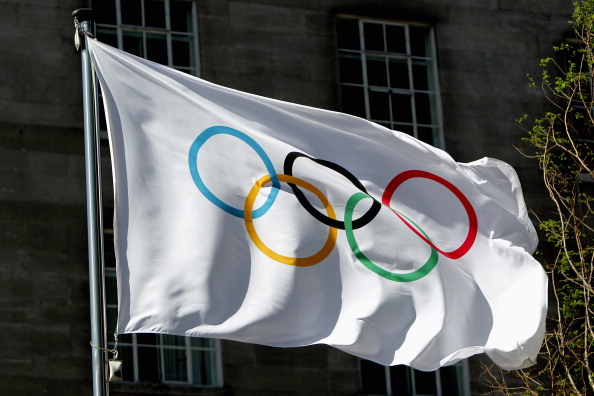
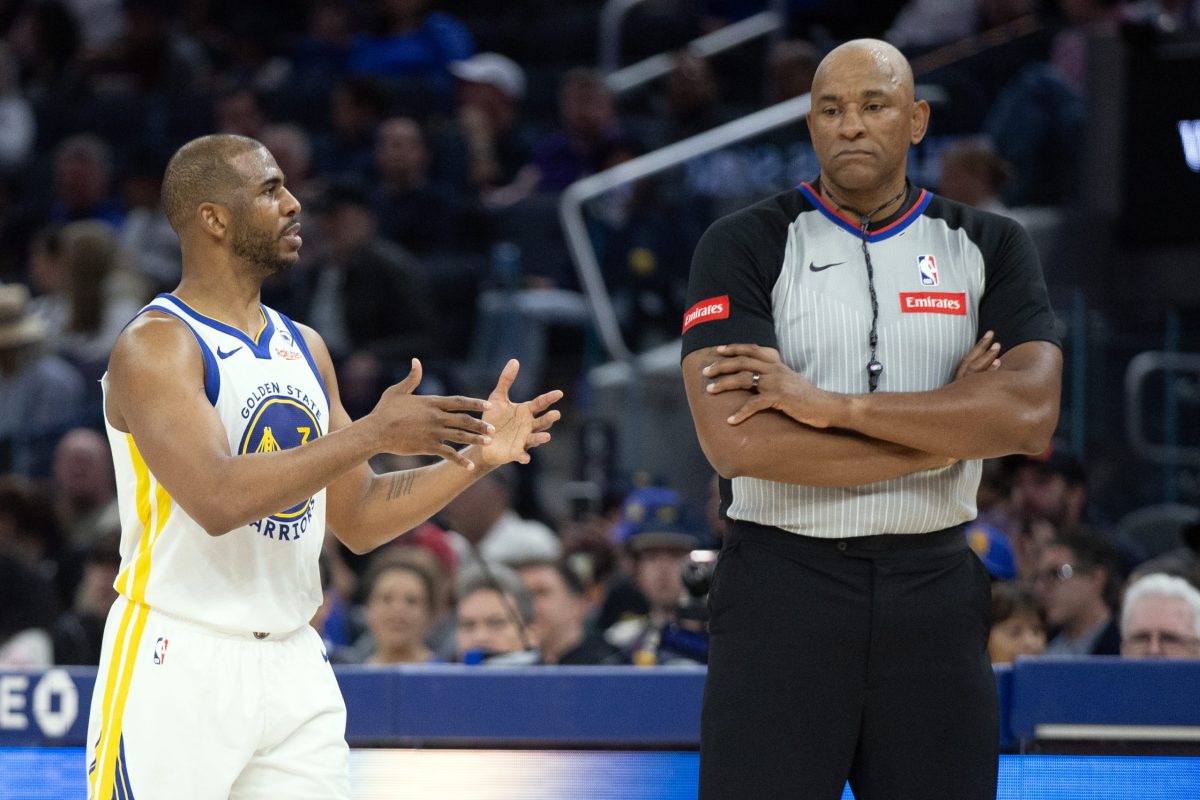
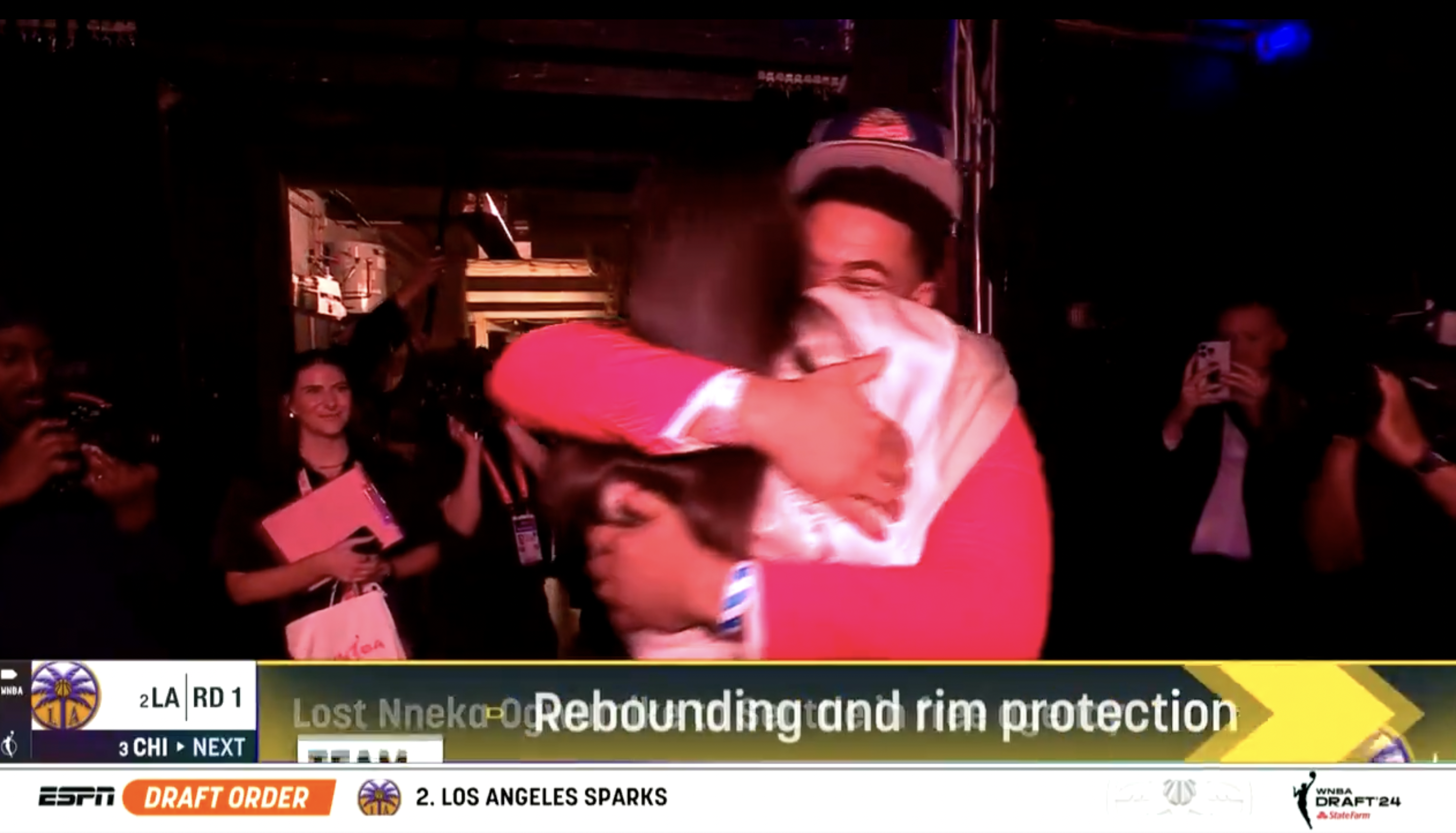
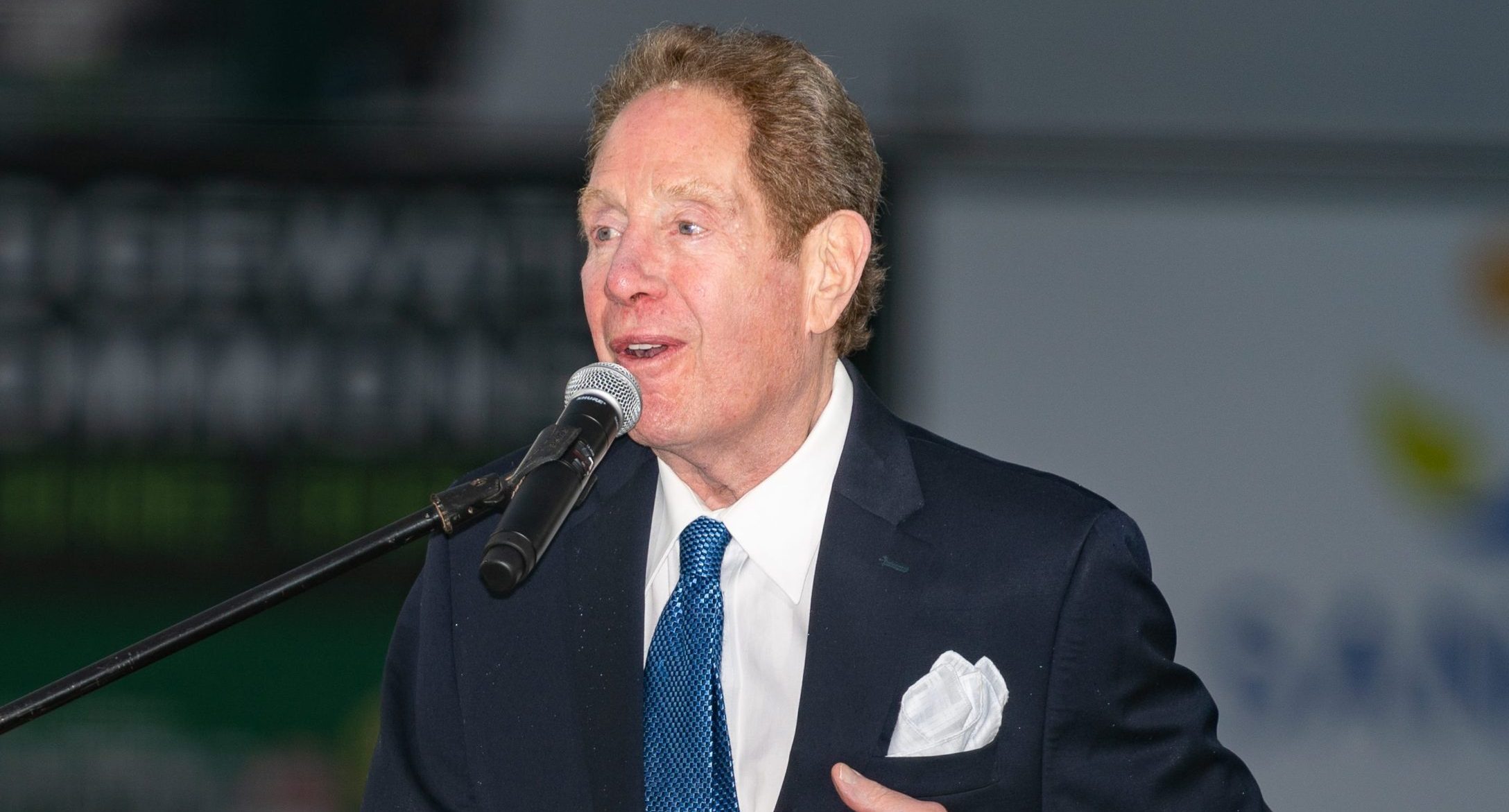
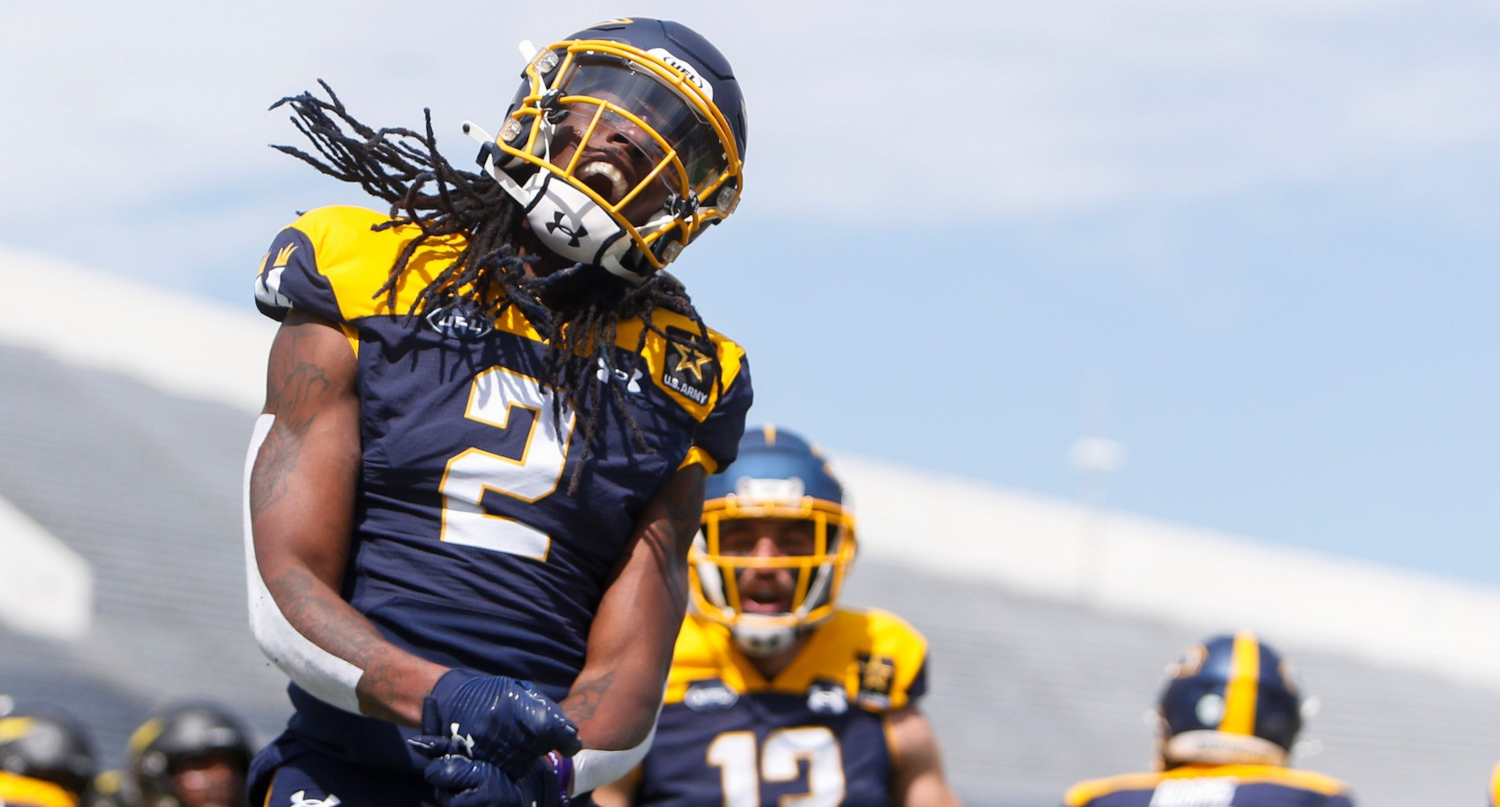
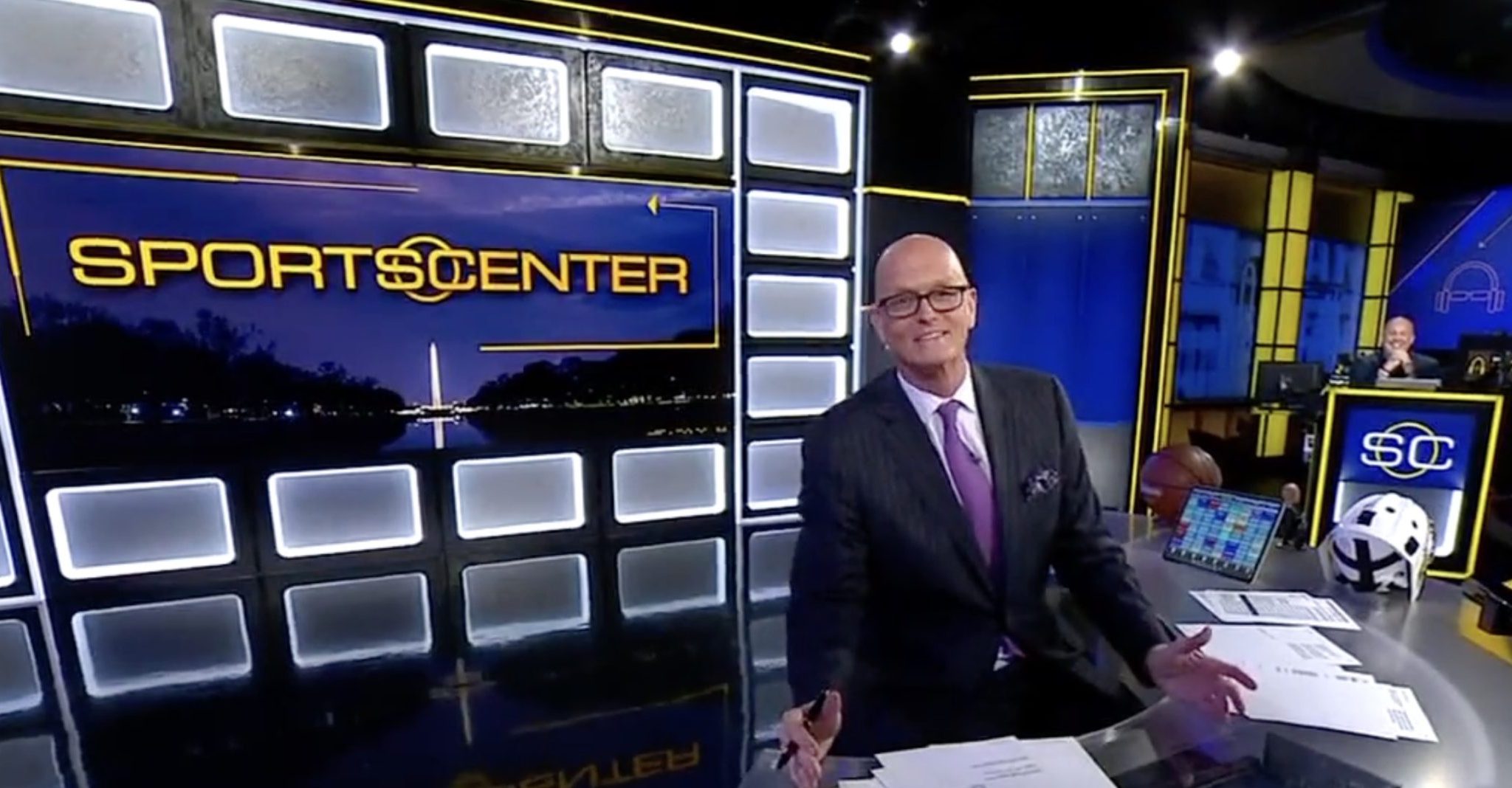
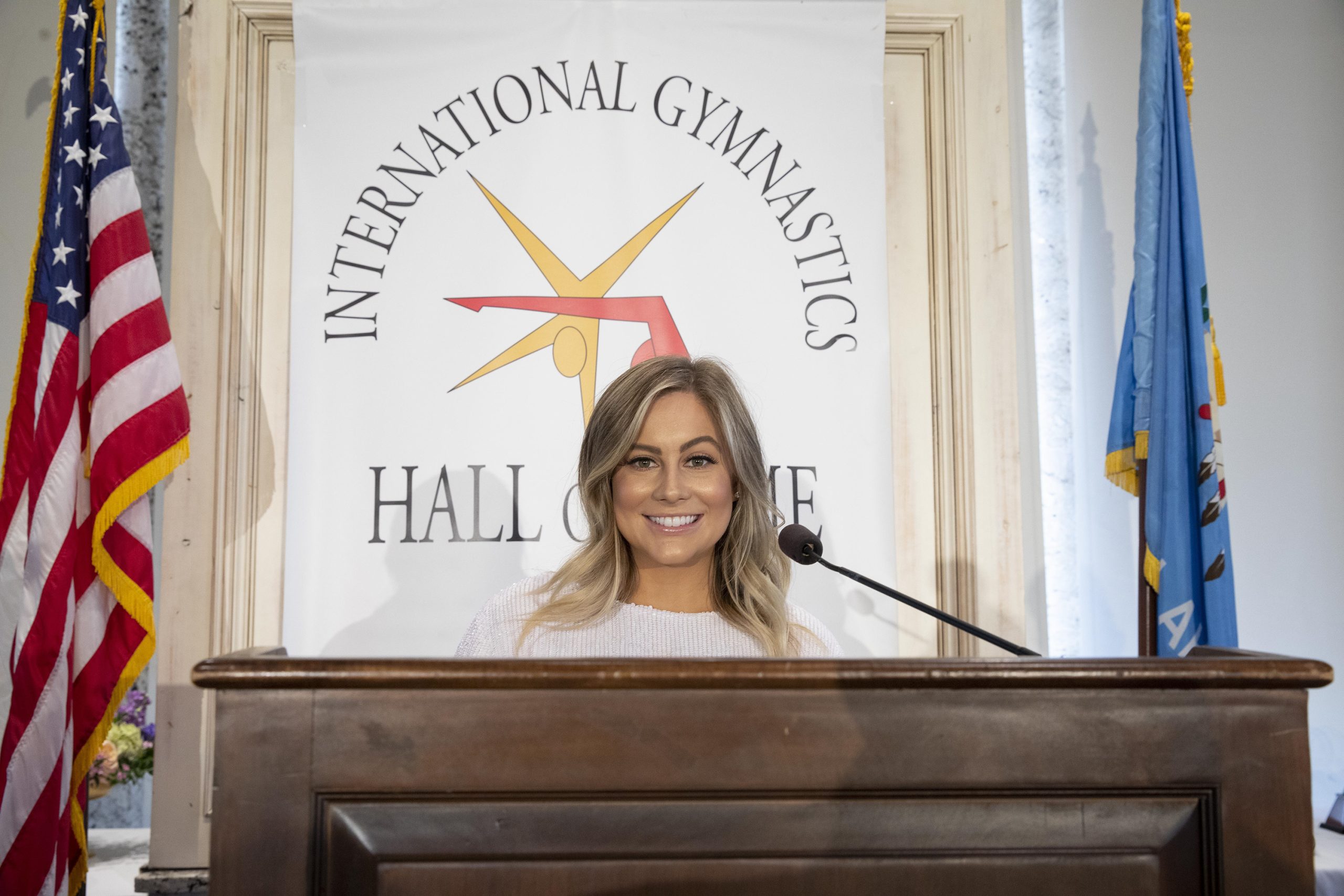
Comments are closed.